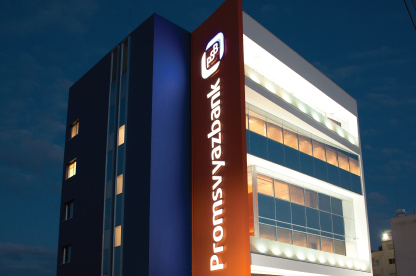Steady recovery in the Cyprus real estate market is expected in 2018, with demand expected to continue progressively, according to several market experts, as published in a recent news article from InBusinessNews, a leading news portal of Cyprus.
2017 was noted as a very good year, during which the recovery of the economy of Cyprus had a definite impact on the real estate sales volume. The sales volume of the year demonstrated a clear recovery of the real-estate market, and a very similar trend should be expected to take place in the New Year, as the economy expands further.
As InBusinessNews reports, the Vice-Chairman of LBDA (National Land and Building Developers Association), Mr Yiannis Misirlis, commented that a sharp change of prices in 2018 is not expected, nor desirable. “Prices were in decline until a couple of years ago, then stabilised, and 2017 was the first year which saw marginal growth. We should expect further marginal growth for the New Year. Therefore, capital appreciations in the region of 3-4 per cent coupled with rental yields, which are currently at 4-5 per cent for residential units, means that traditional core strategies are starting to see increasing investment yields.”
Commenting on any notable moments in 2017, Mr Misirlis remembered the September meeting of LBDA with Troika (the tripartite committee led by the European Commission with the European Central Bank and the International Monetary Fund, that supervised the Economic Adjustment Programme for Cyprus) during which Troika recognised the healthy recovery of the property sector taking place. As Mr Misirlis said, “the Cyprus real estate sector is entering a stabilization path, away from the dangerous moves and the extreme lending that prevailed in the past.”
In a private discussion, Mr Misirlis also commented on the “vertical growth” of Limassol, as a result of the construction of a number of high-rise buildings. “The lure of building skyscrapers is rising as developers and the Government see the benefits they bring to businesses, citizens, tenants, and the city’s profile. This is putting supertall buildings on the development agenda, propelled by economic expansion, and the desire to maximise land value.”
“We expect these stand-out structures to be increasingly command a rental and valuation premium”, Mr Misirlis adds.
While construction costs of high-rises can be high due to issues such as overcoming wind forces and ensuring energy efficiency, the gain can be worth it. “These ‘vertical communities’ not only generate investment opportunities, but also create value for the surrounding areas, helping lure crowds, drive sales and rental prices”, concludes Mr Misirlis.







